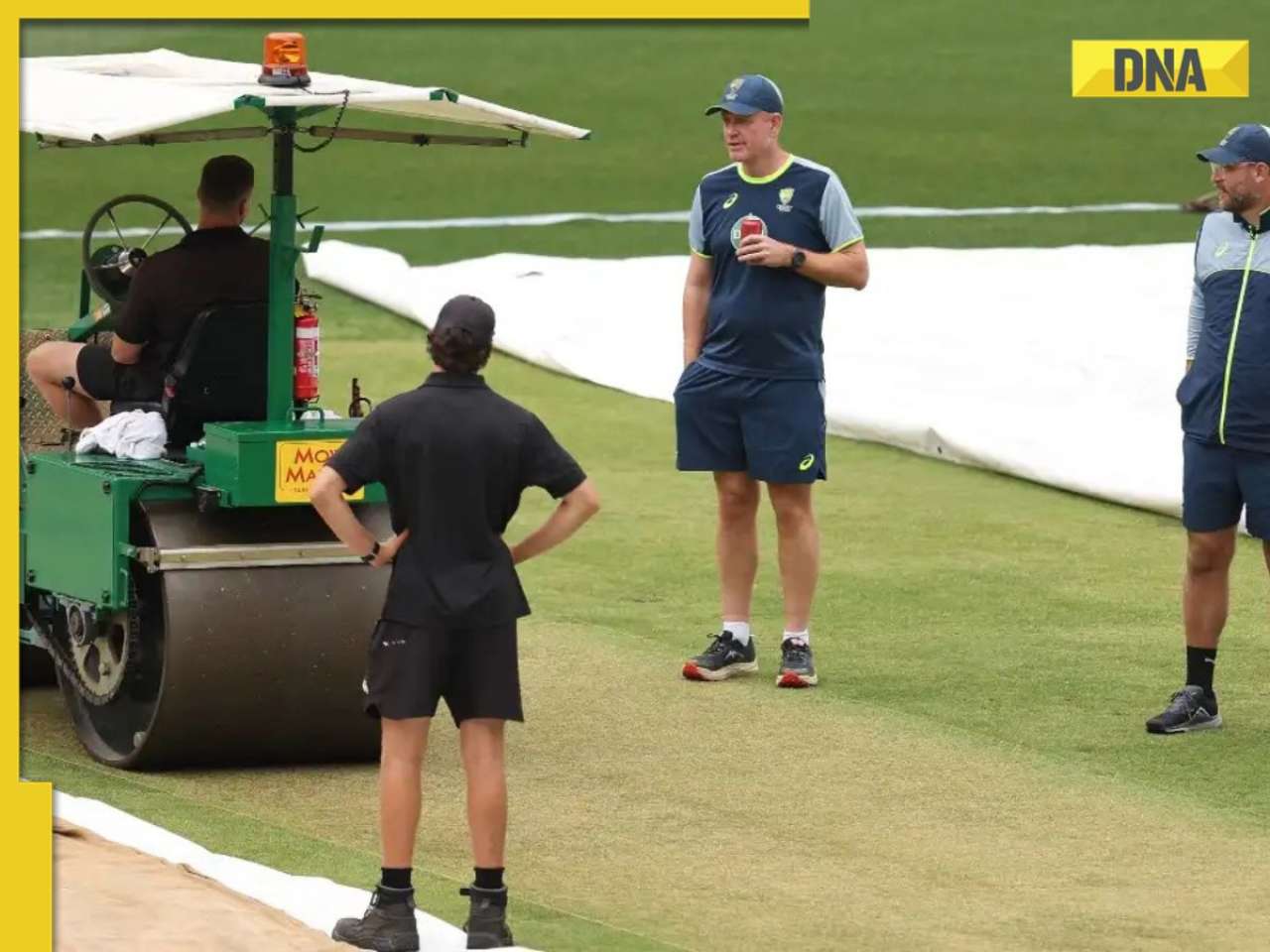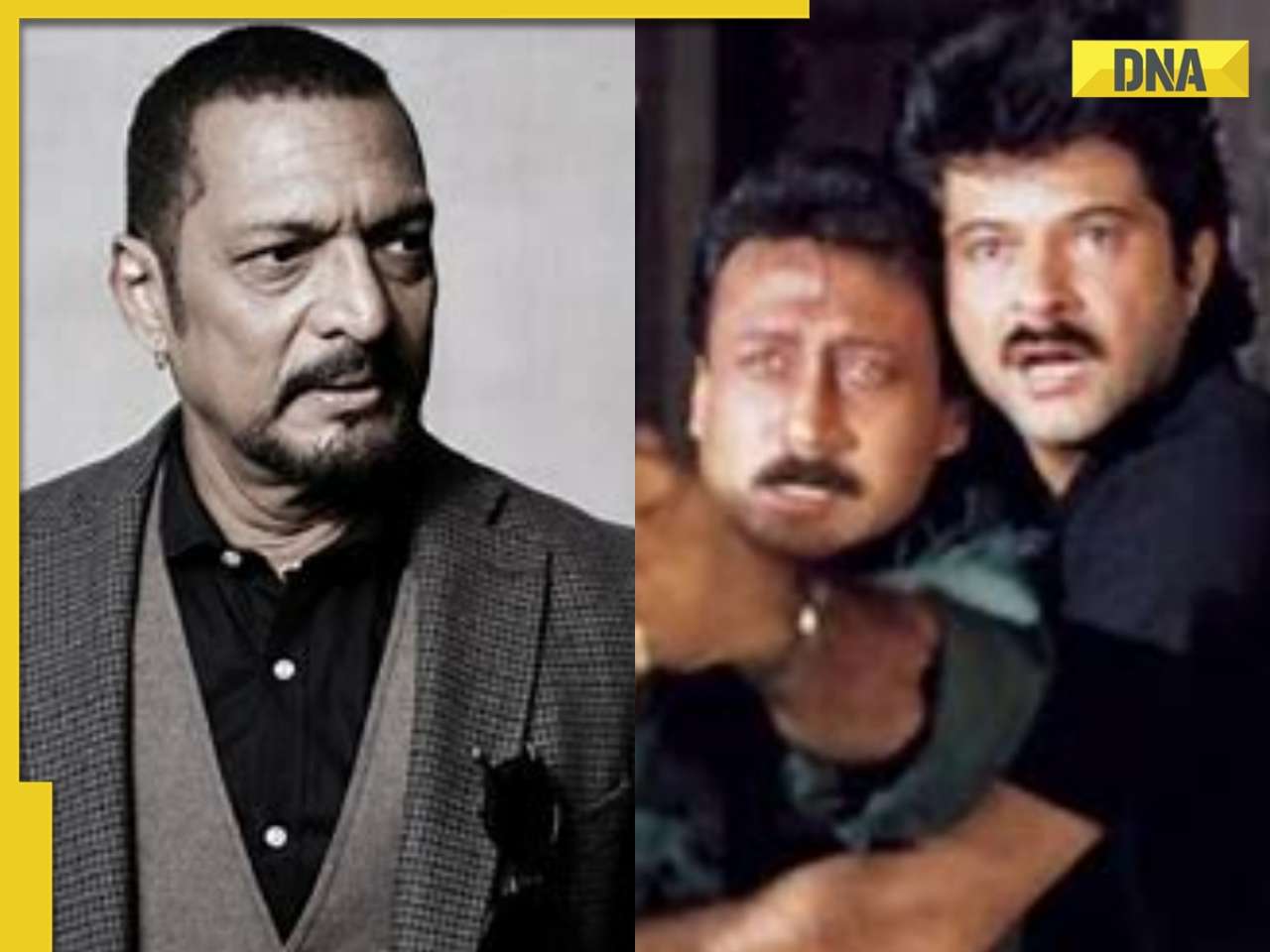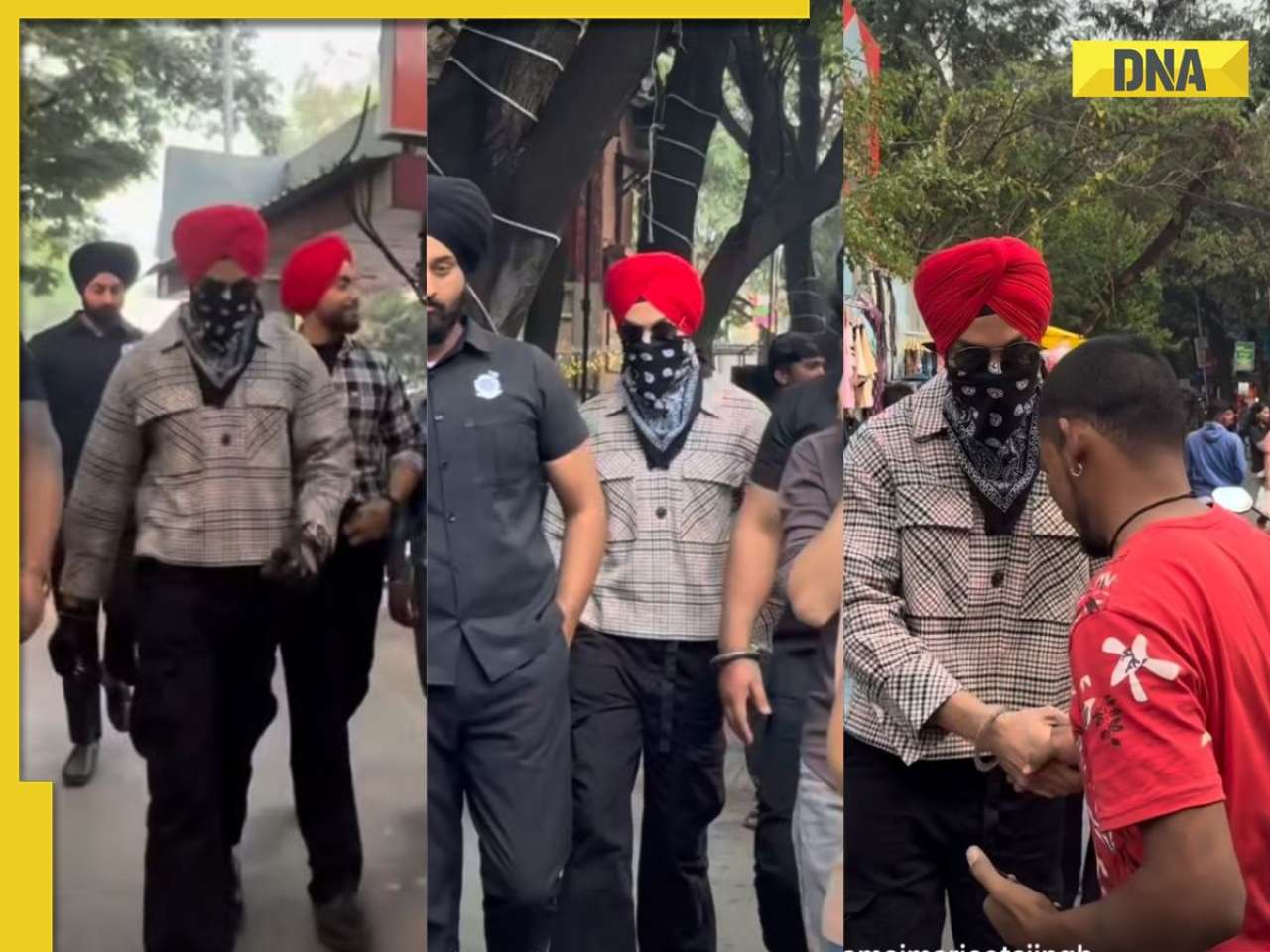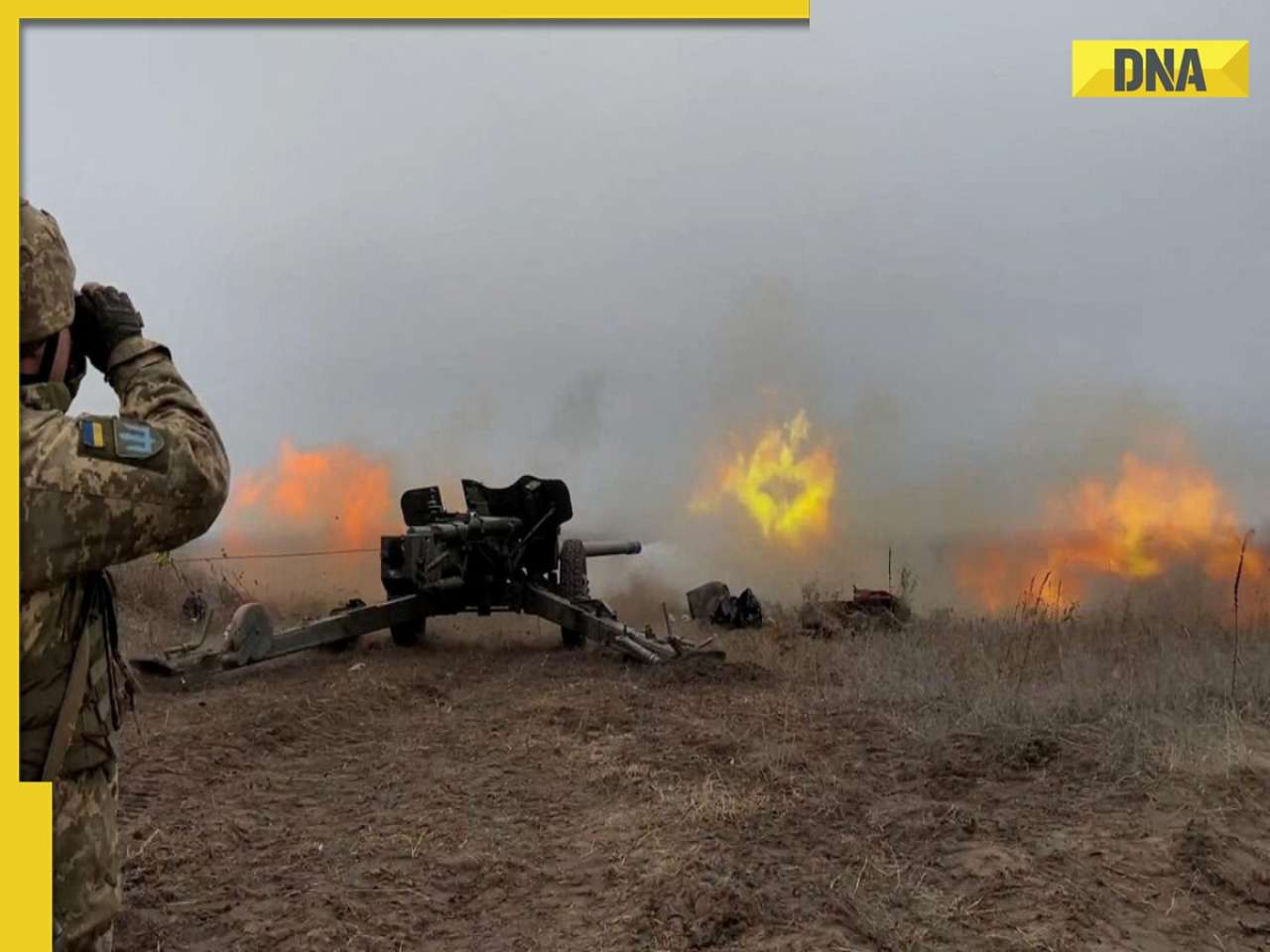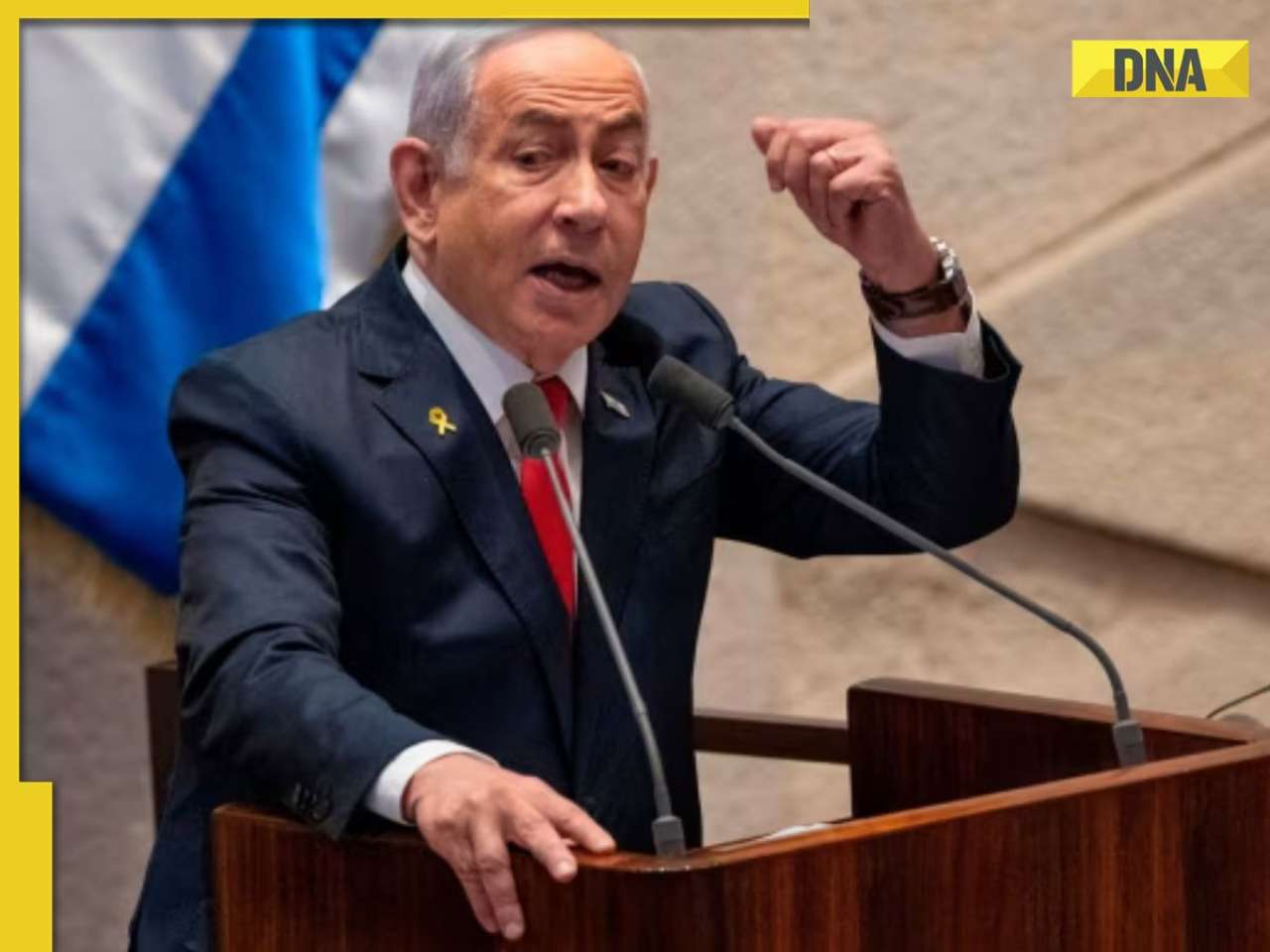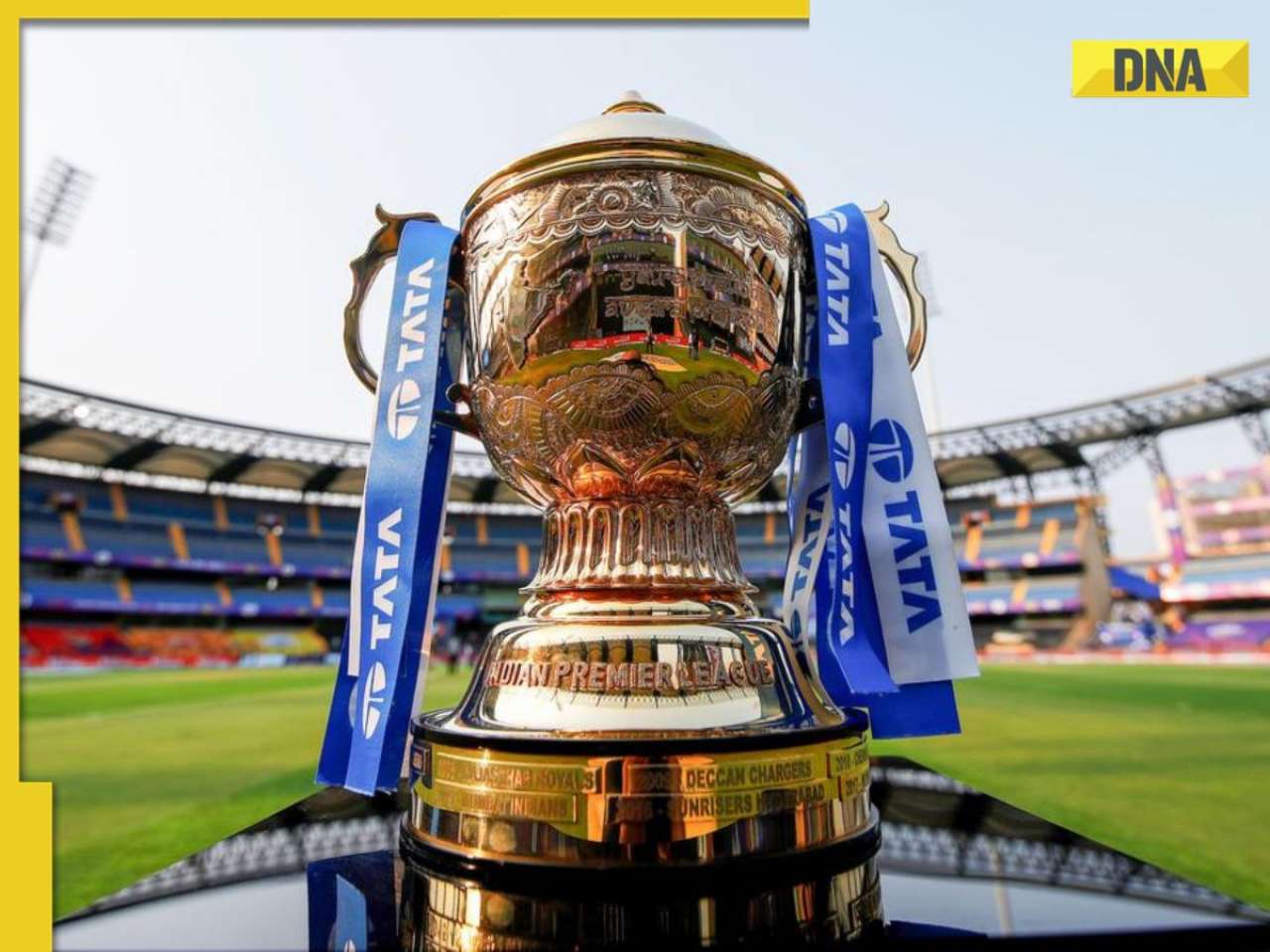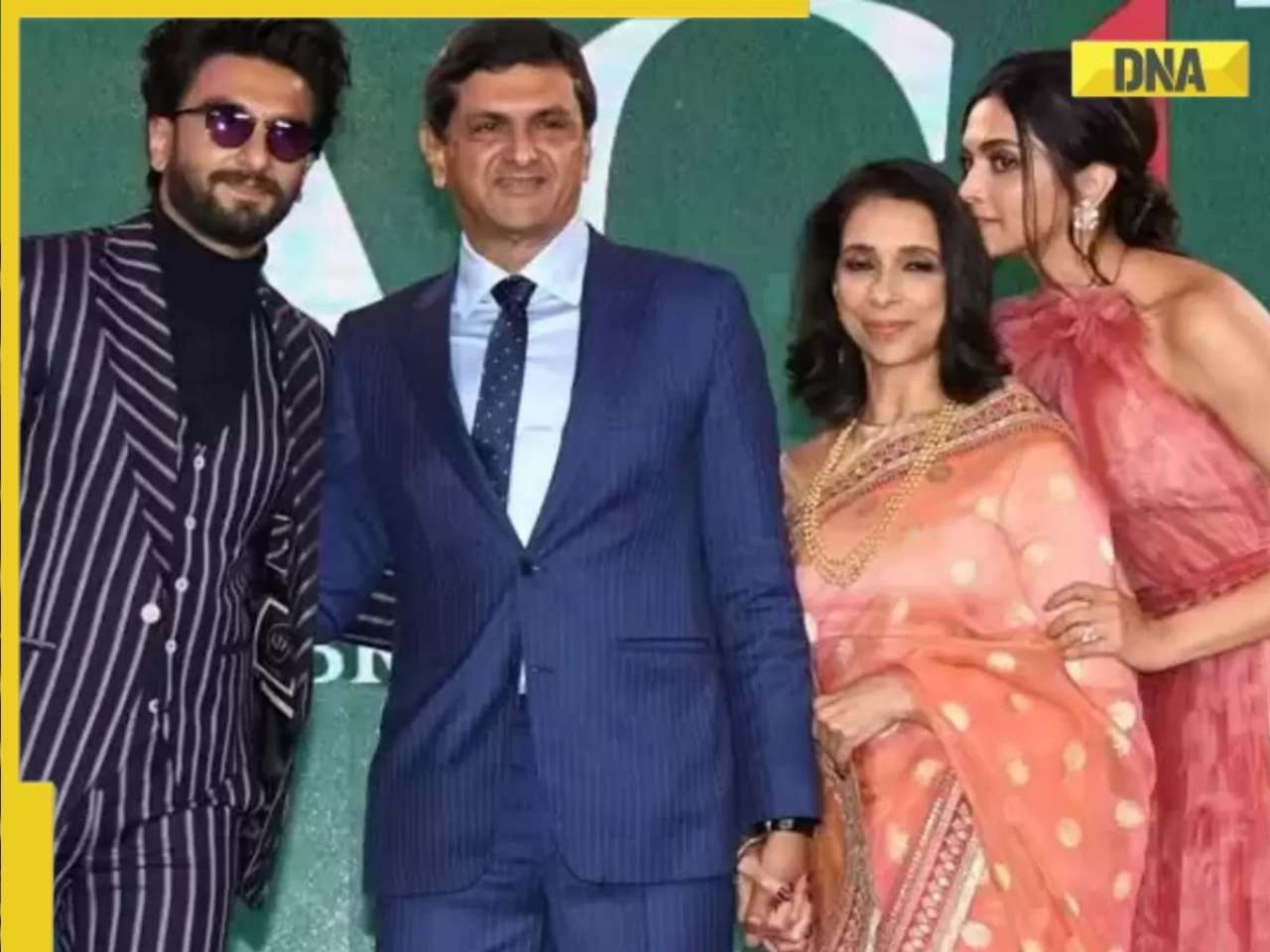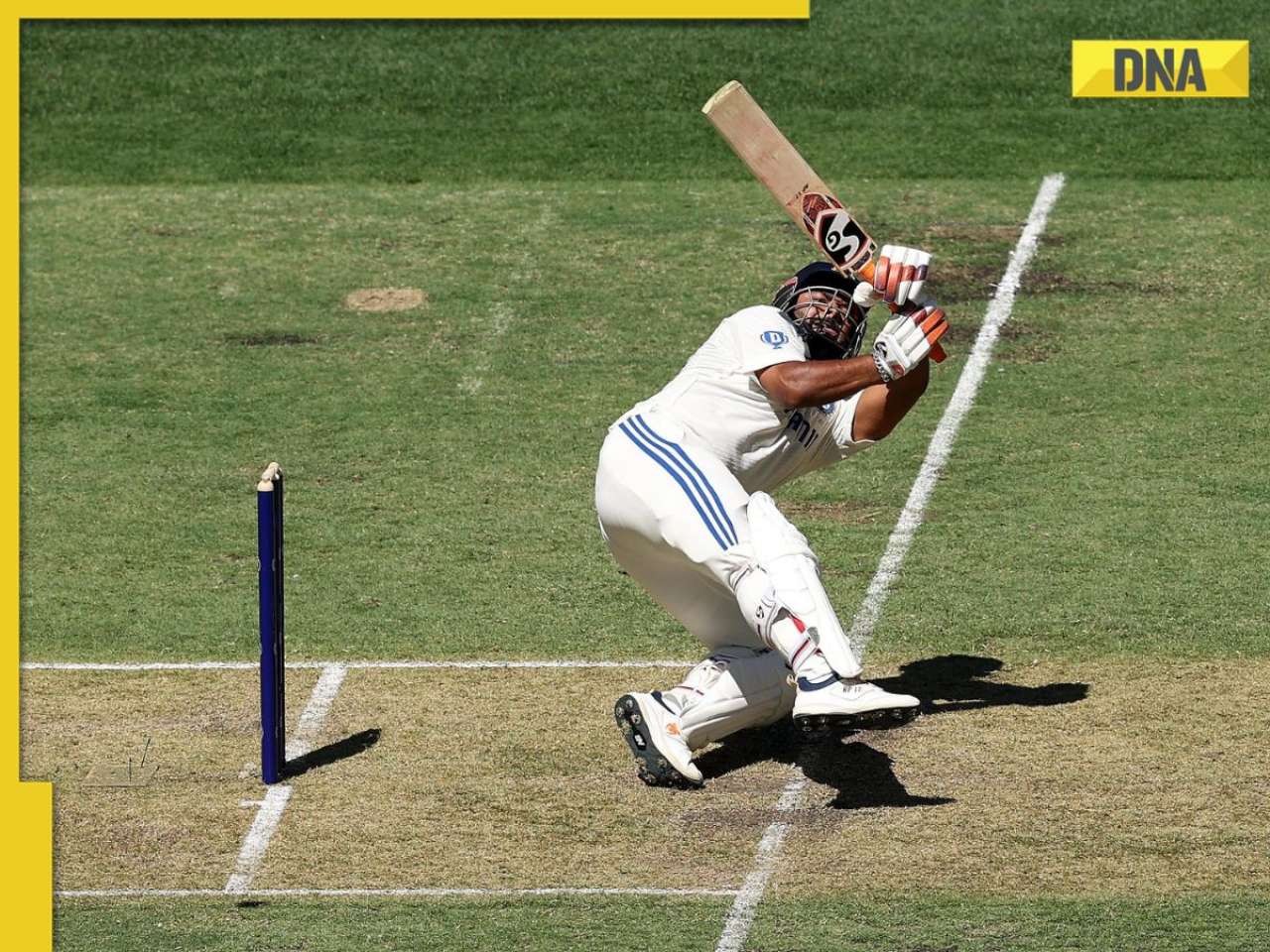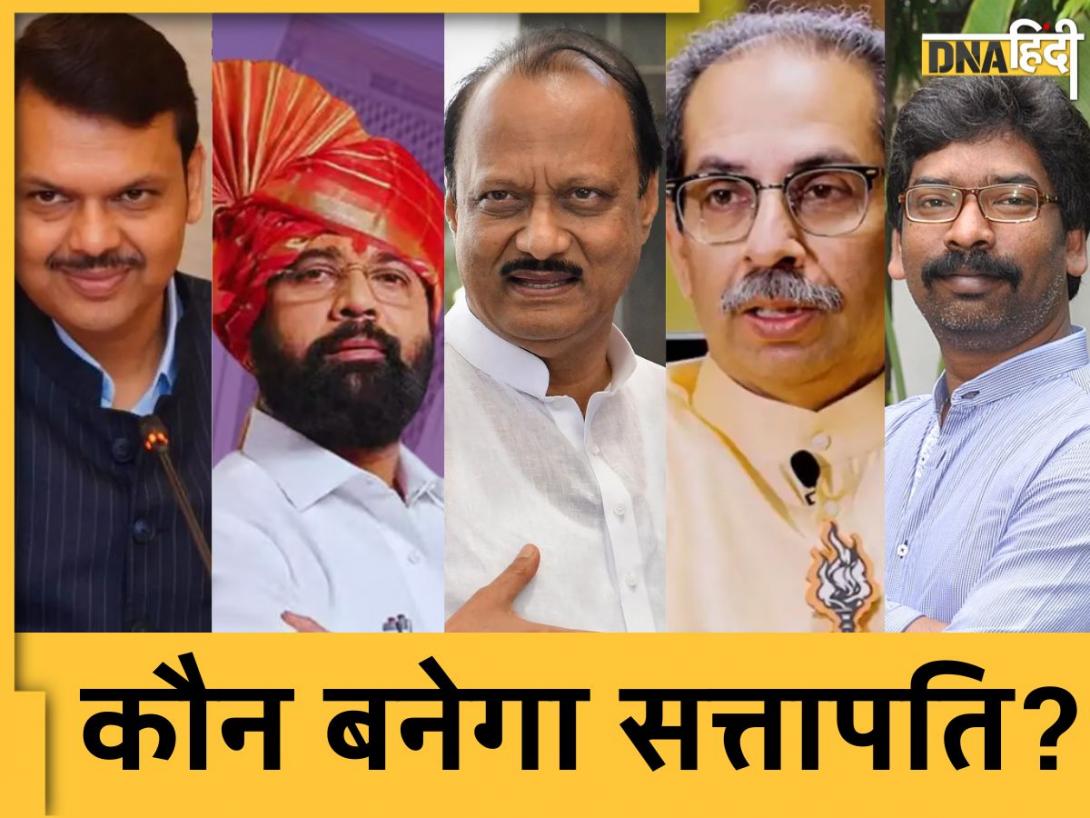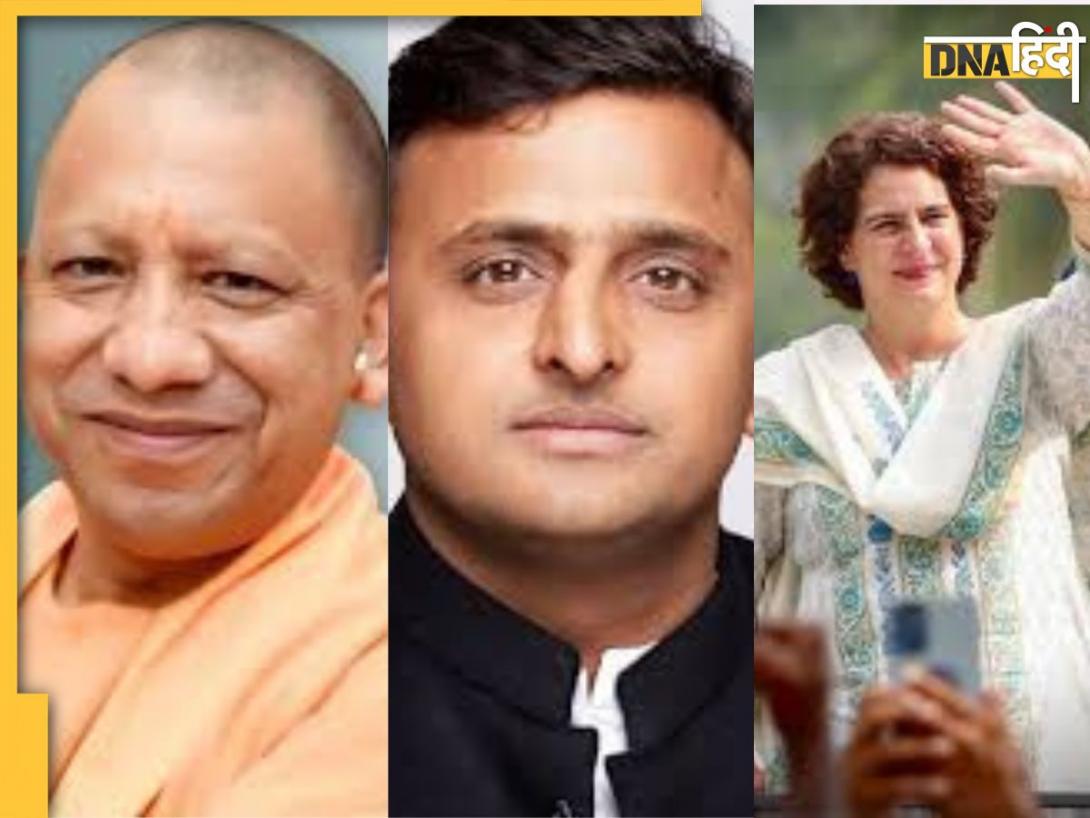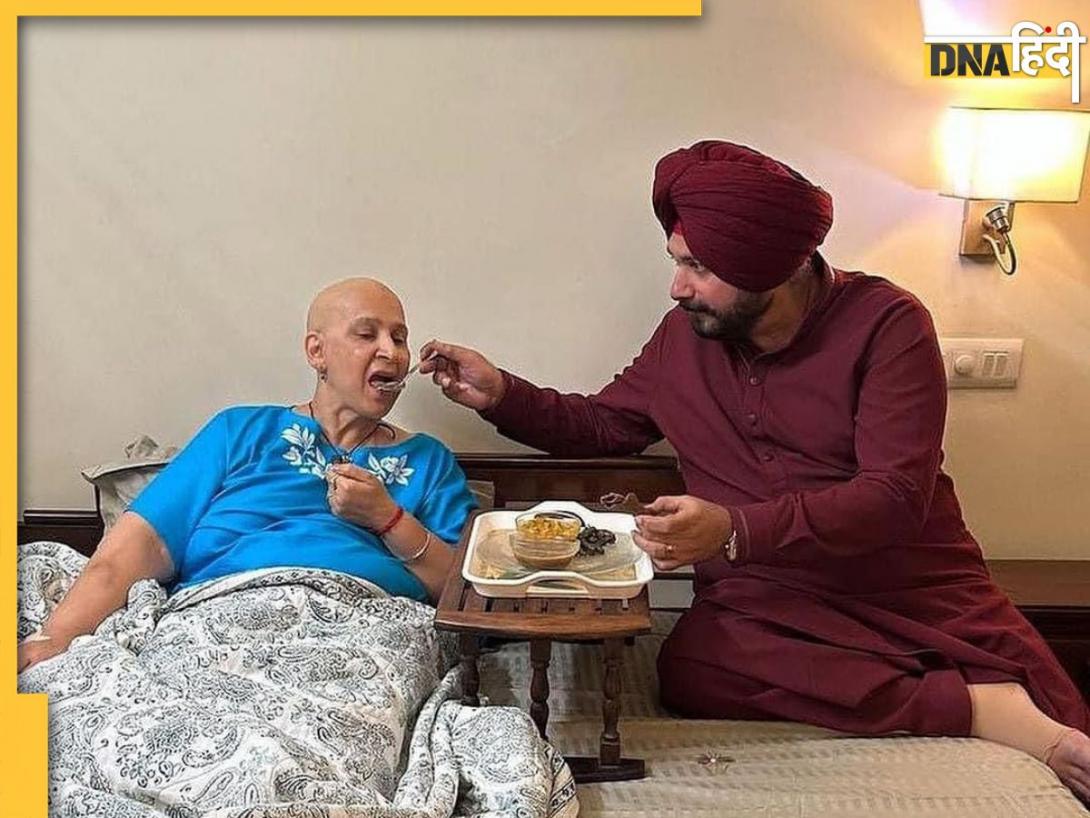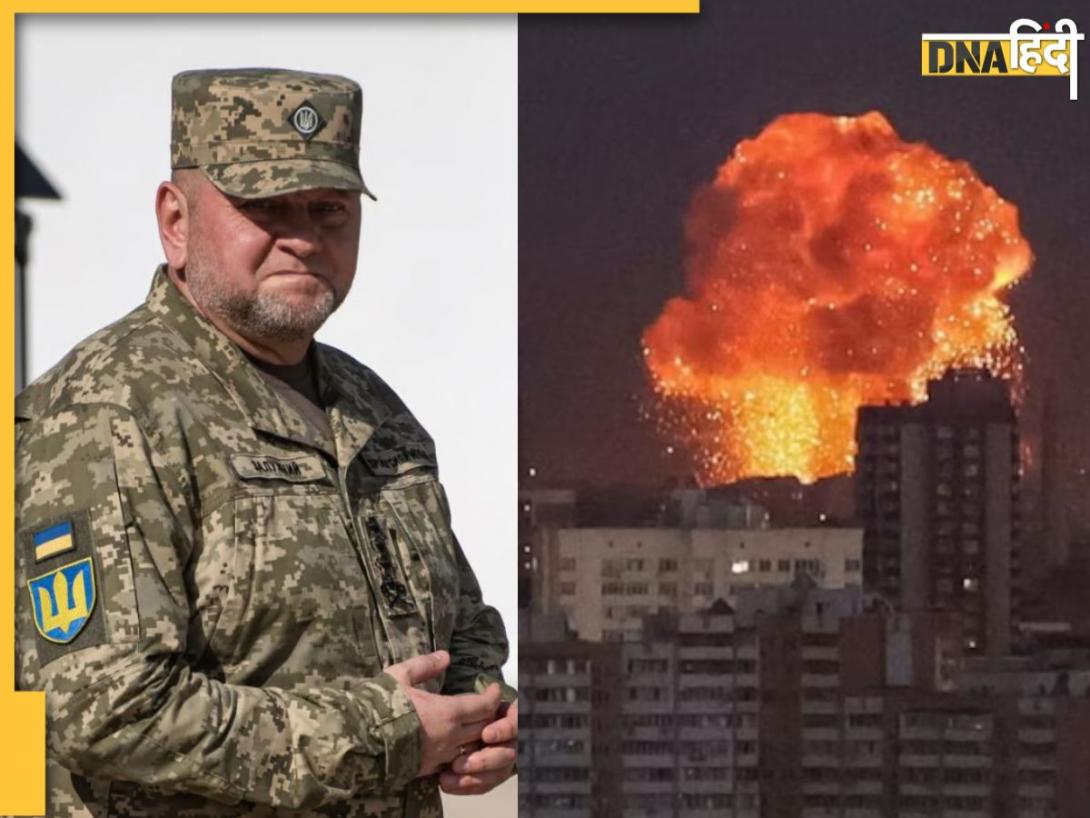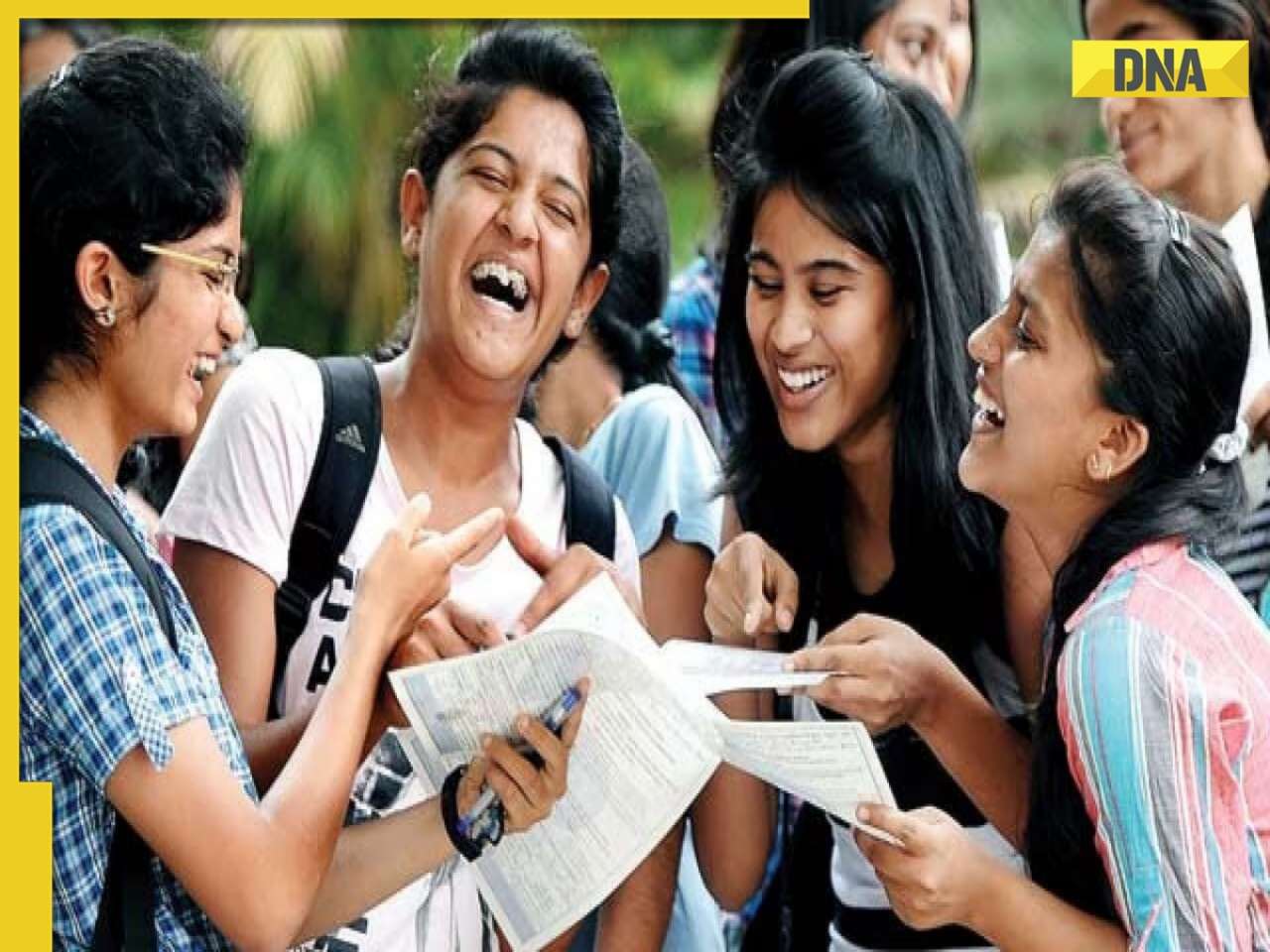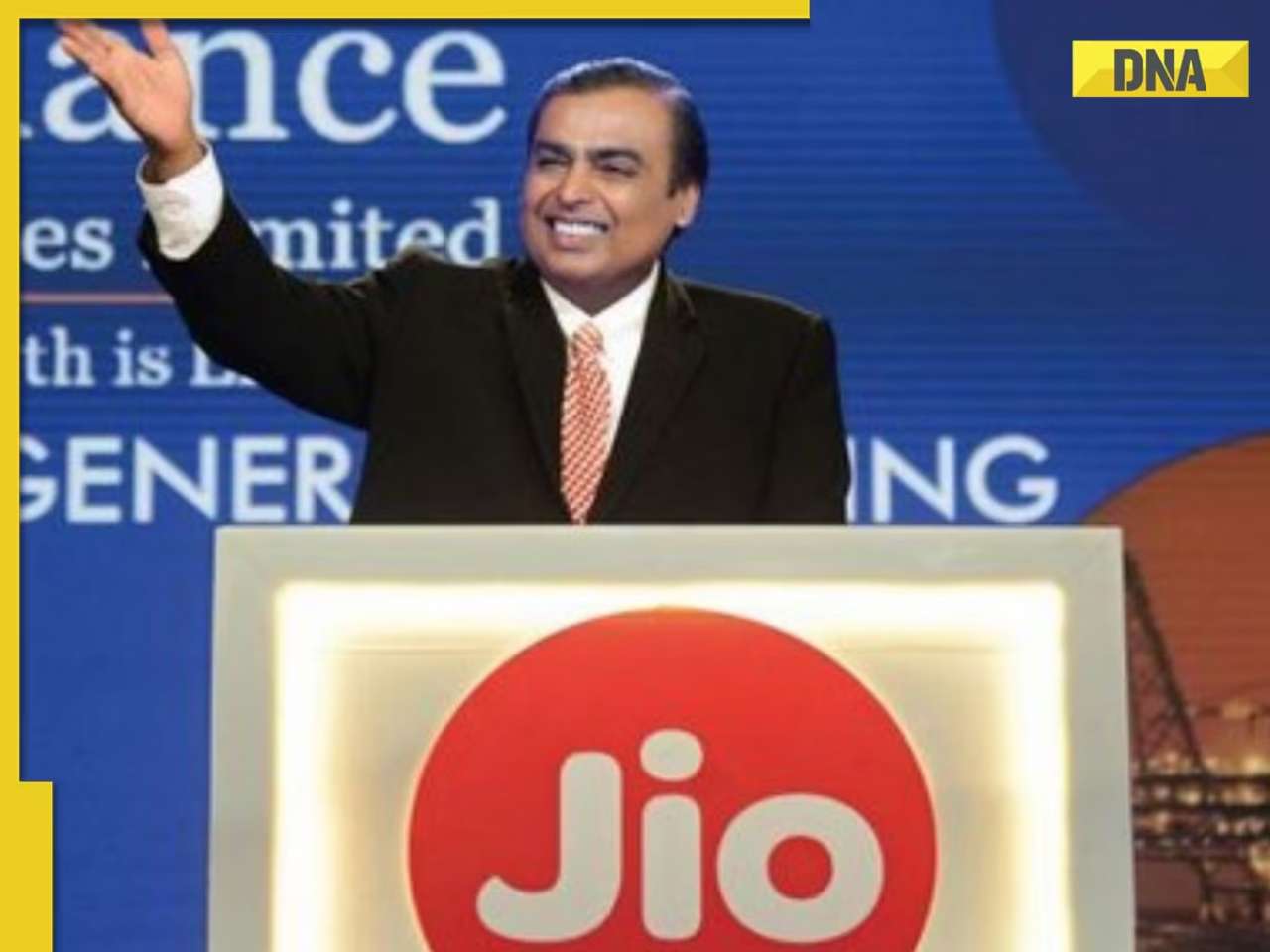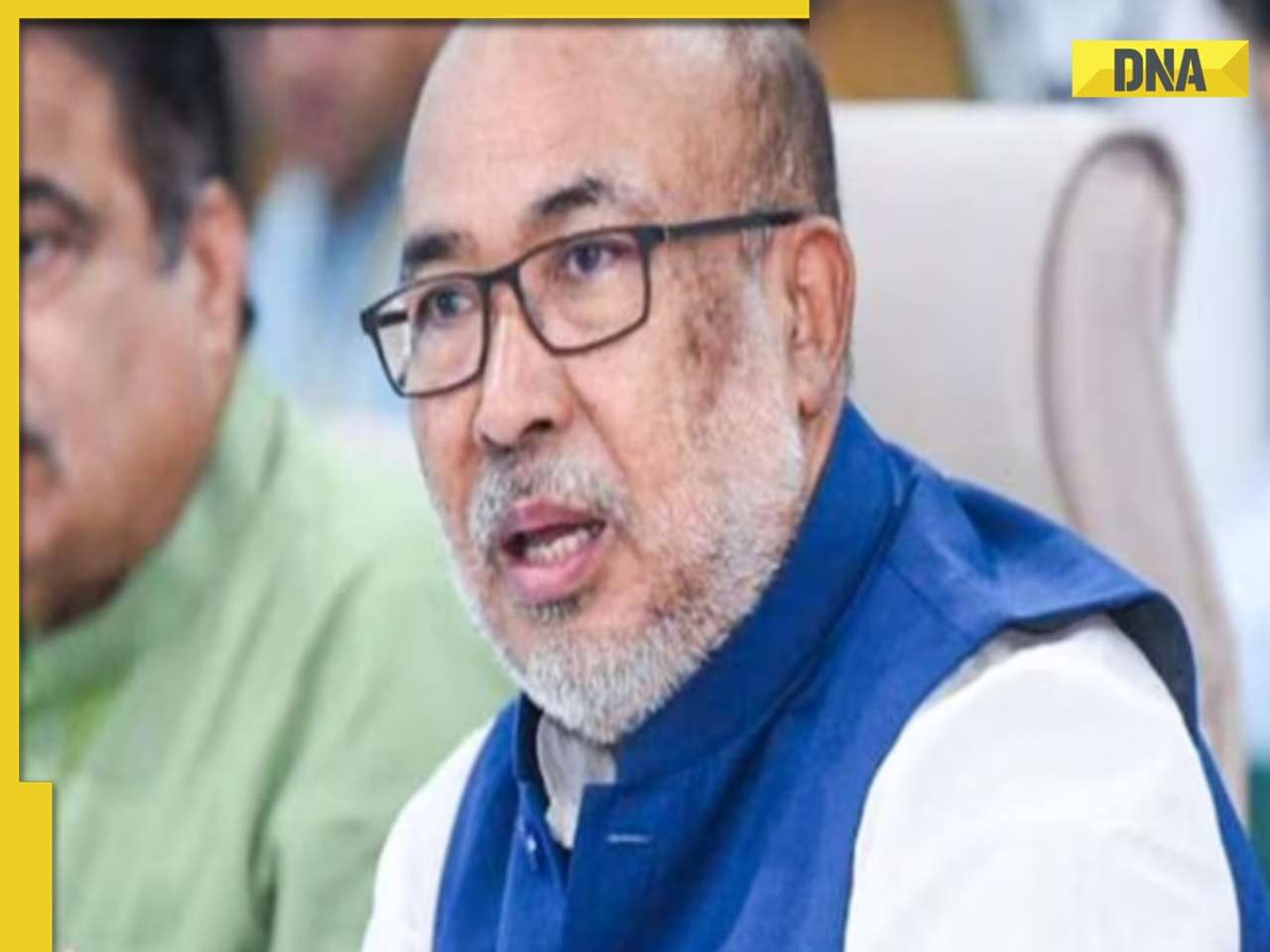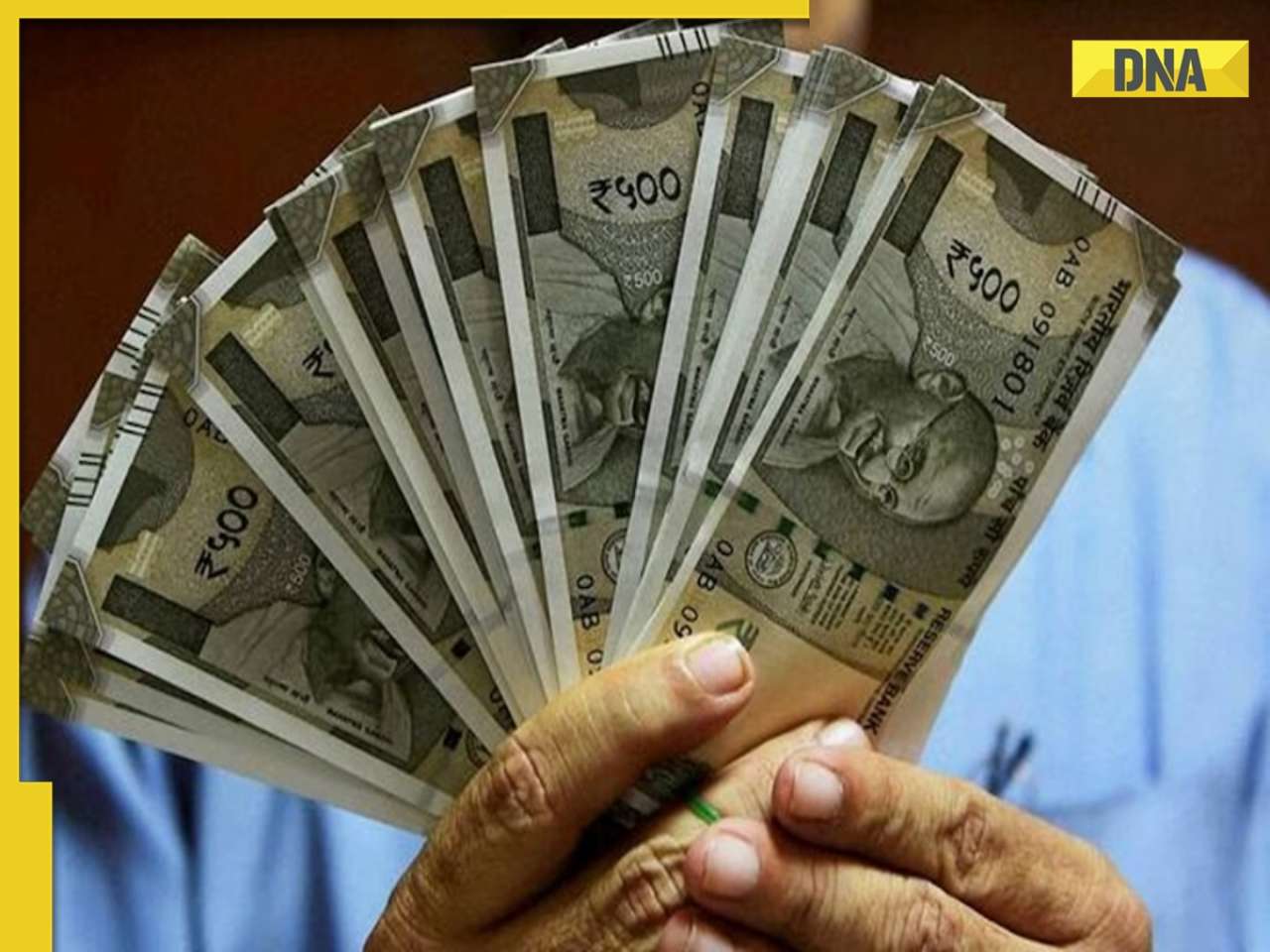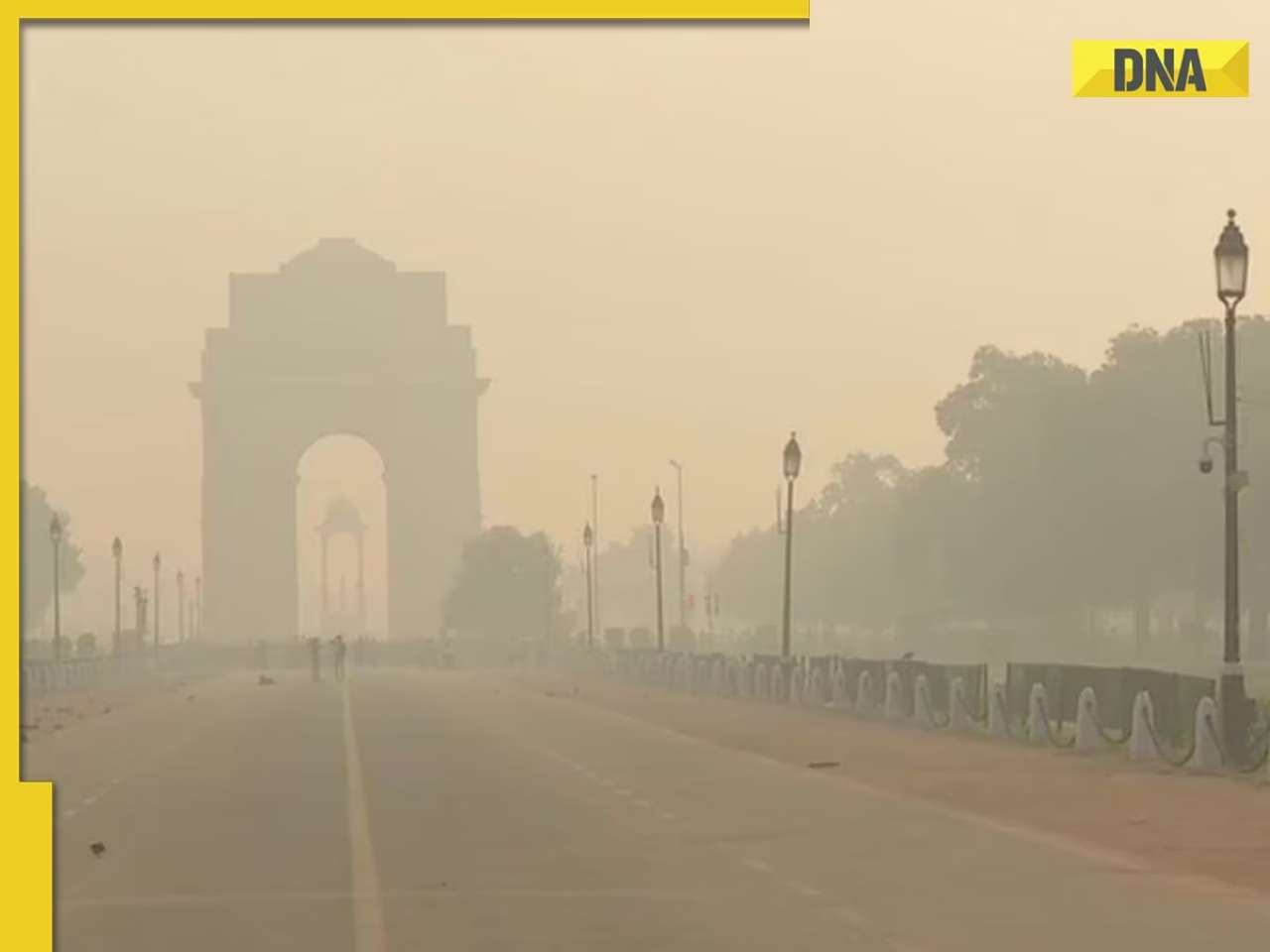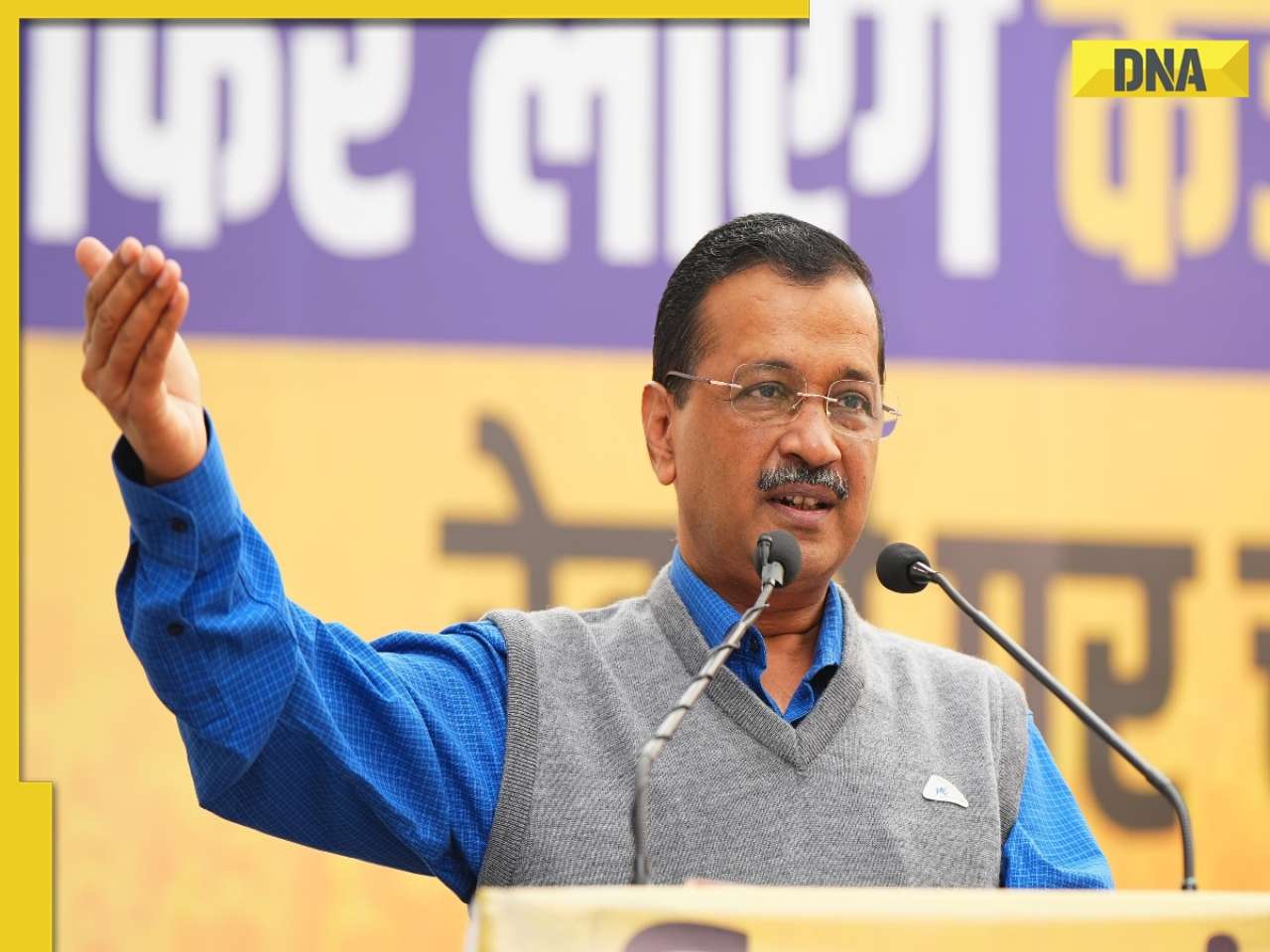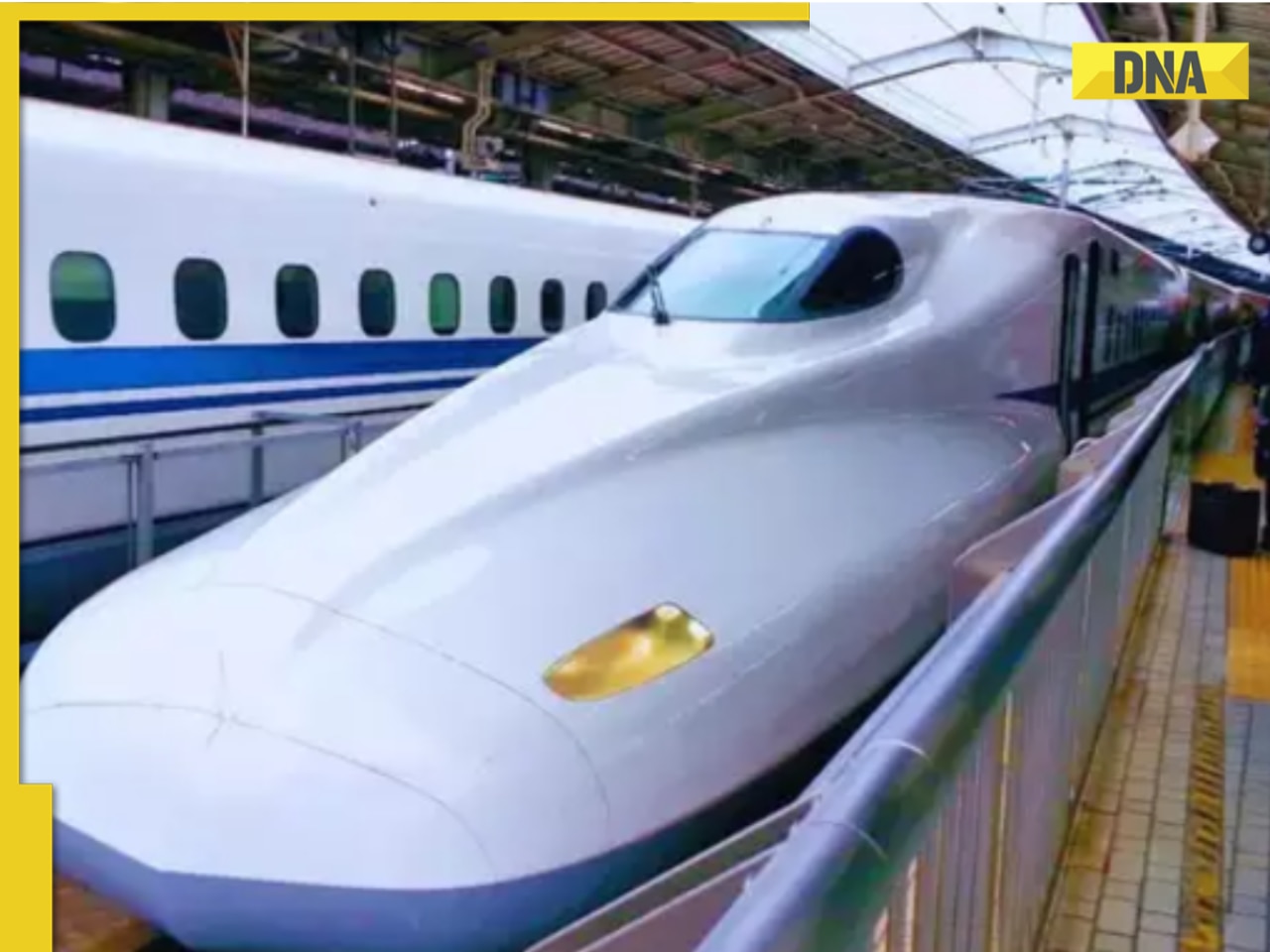- LATEST
- WEBSTORY
- TRENDING
INDIA
Indonesia: Is Delhi aware of its real importance?
Policy makers worry about securing cargo in the Indian ocean.
TRENDING NOW
The race between India and China to win strategic foothold in the Indian Ocean region is directly linked to their desperate need to ensure safe passage for oil, coal and other strategic commodities for their voracious economies from the Gulf and Africa.
Most strategic analysts and policy makers are deeply worried about securing these cargos in the Indian Ocean, especially through the Strait of Malacca, a narrow, crowded shipping channel linking Indian Ocean to the Pacific Ocean. About one-third of the world’s traded goods pass through the strait, lying between west Malaysia and Indonesian island of Sumatra.
Military planners involved with India’s strategic capabilities are not worried so much about Malacca, but about three other little known straits that are fast emerging as key choke points of possible future conflicts. These straits are the crossing points for super tankers and nuclear submarines — powerful and secretive platforms of nuclear attack.
The three straits — Sunda-Banka, Lombok-Makassar and Ombai-Wetar — are all in Indonesia’s maze of islands. In light of Indonesia’s huge strategic significance in this context “there are no clear signs that we are serious about engaging Indonesia at that strategic level,” complains a military source.
“From our and China’s point of view these are strategically vulnerable points,” explains a military source. “And transit points of possible future conflicts,” he adds.
Sources say, at least twice the government turned down Navy chief Admiral Sureesh Mehta’s proposal to visit Indonesia. And for the past few years, India has not properly responded to Indonesia’s need for military equipment, especially Brahmos missiles.
Former navy chief Admiral Arun Prakash says India’s policy towards countries such as Indonesia shows a “lack of vision.” He says India should deploy both armed forces and domestic defence industry for furthering strategic interests. “Supply of military hardware” is effective in engaging a nation long term, he says.
Navy has supplied some ships and old aircraft to neighbouring countries, “but there is no dedicated fund or support for such activities,” complains a navy source.
In November 2005, India and Indonesia agreed to hold an annual strategic dialogue but “it is doubtful if we are engaging Indonesia at the required levels,” says a source in the intelligence setup.
Admiral Prakash blames India’s failures in Sri Lanka, Nepal, Indonesia and elsewhere on lack of a strategy, lack of cohesive decision making process, slow moving bureaucracy, and failure to overcome domestic political compulsions.
Former Indian ambassador to Nepal Deb Mukharji says, “We should not let domestic political compulsions overrun our broader national interests.” India enjoys a “far greater degree of trust in the neighbourhood (than China), and New Delhi should look at broader collaborations in military and economic terms with countries in the neighbourhood and Indian Ocean region, he suggests. “We should work out our aspirations keeping with our abilities,” he says.
Many within the military and intelligence communities are vary of the growing realities of India-China race and the dictatorial capabilities of Beijing to run faster to win friends in the region. “We have to take every possible step to secure our assets and interests, and we should be ready for the worst-case scenario in our ties with China,” says an intelligence source.
The appetite of growing economies for natural resources and commodities is not new to human history. But rarely have two such rising giants been neighbours, competing for the same resources. What stirs further complication is the underlining military competition and the reliance of modern nations on nuclear weapons for military superiority.
The nuclear submarines of both China and India — New Delhi is a few months away from getting its first nuclear submarine — along with those of the US, would be prowling the straits linking Indian and Pacific Oceans. And its unintended fallout is anybody’s guess.
In 1985, China was the largest exporter of oil to East Asia, but by 1993 it became a net importer. Another 10 years down the line it became the world’s largest oil importer. India already imports more than 2.5 million barrels of crude oil a day. Almost all of these oil supplies have to pass through Indian Ocean, except a very miniscule supply for both the countries.
It’s no different with coal or other commodities and even nuclear source. The two hungry economies are hunting for these finite items from the very same sources. This race, to secure steady supply and safe passage of strategic commodities, could have unintended consequences if history is anything to go by. The question is, has India really woken up to the reality?

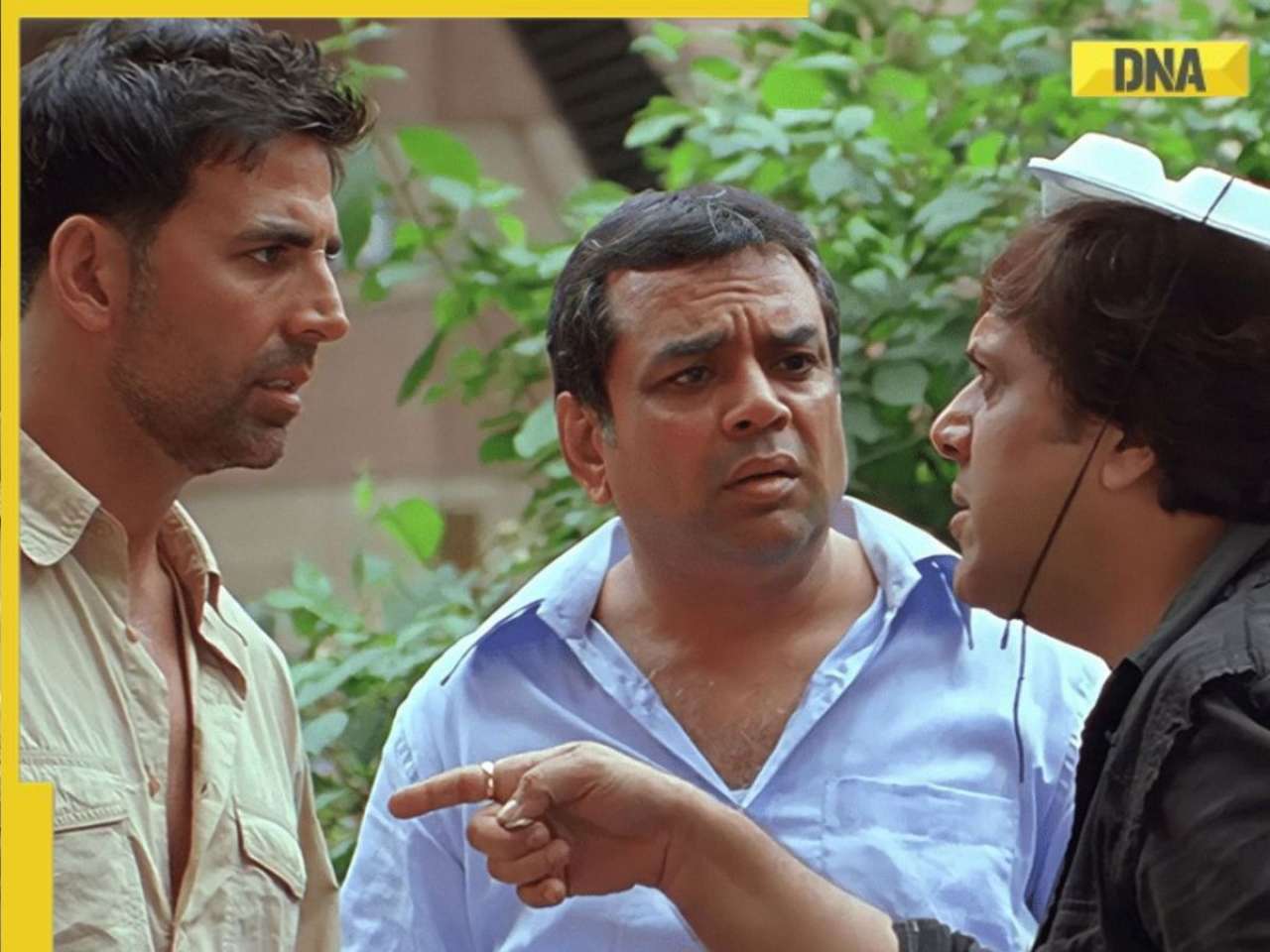






)
)
)
)
)
)
)
)
)
)
)
)
)
)
)





